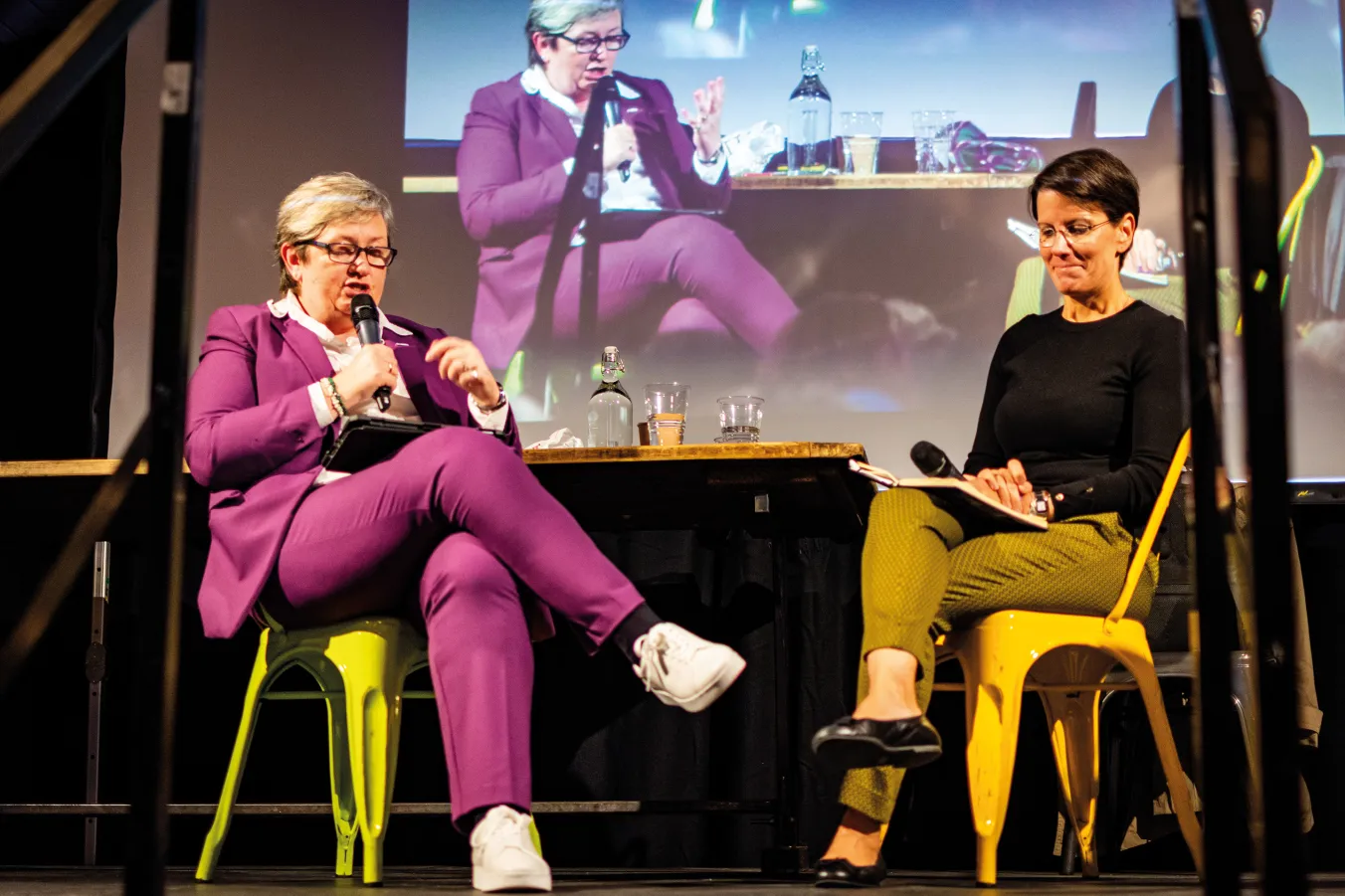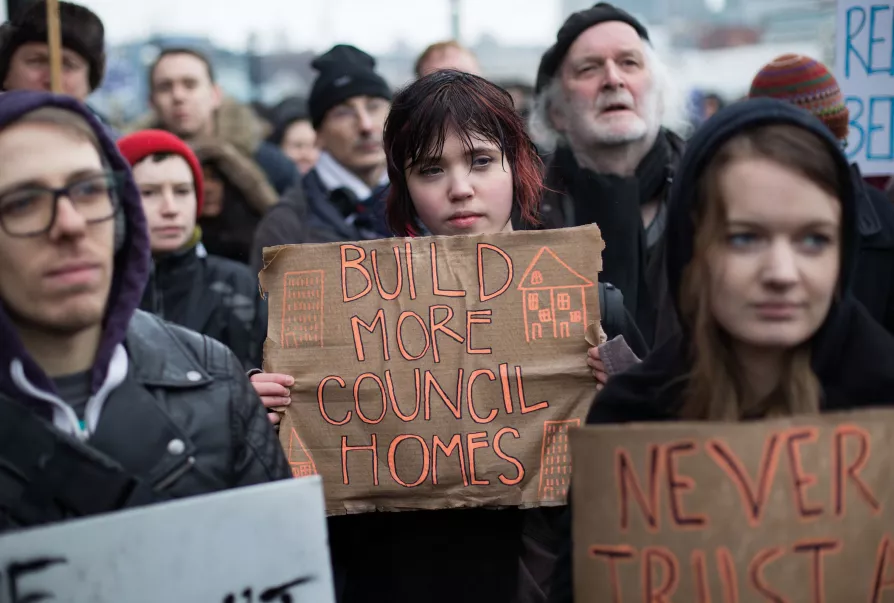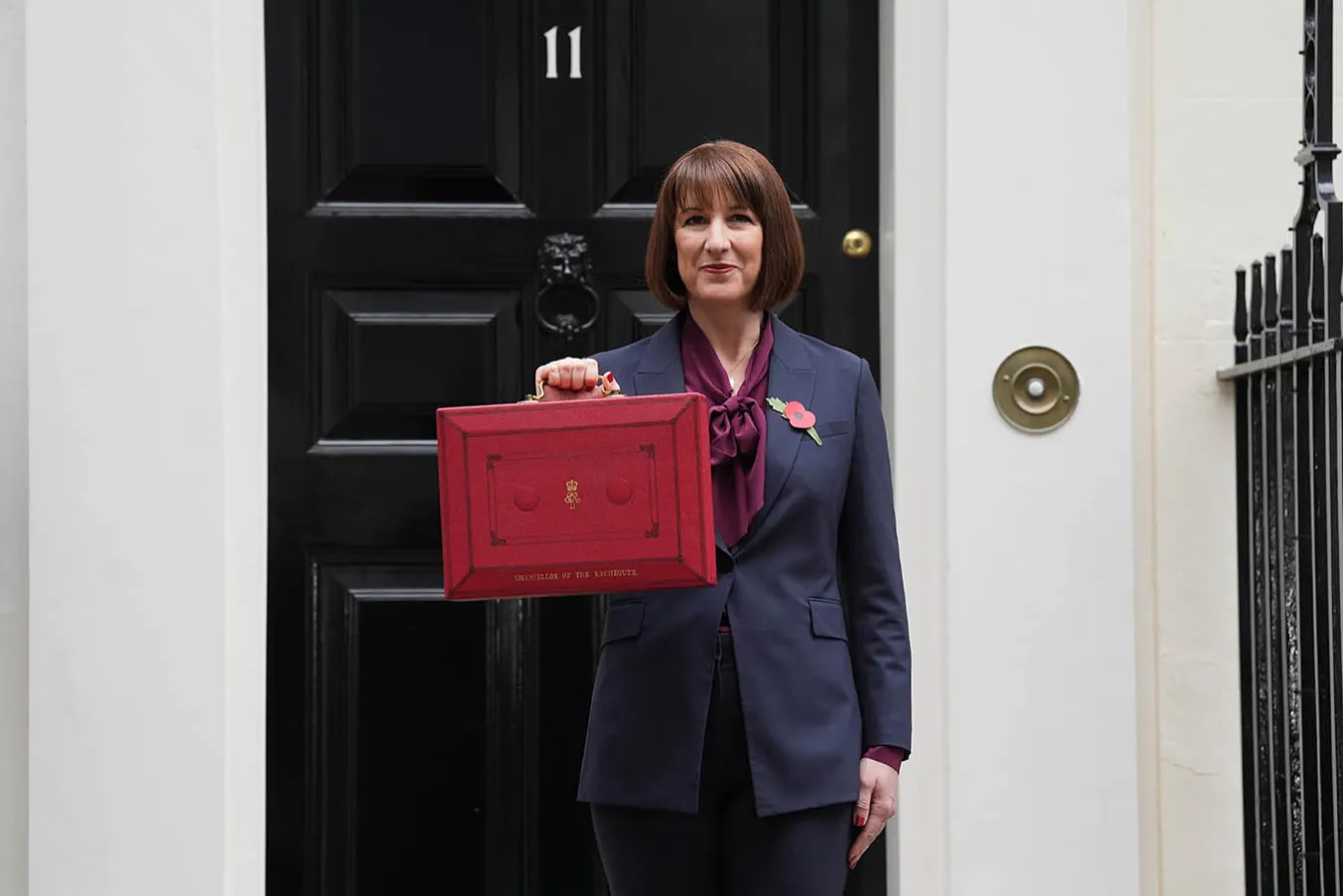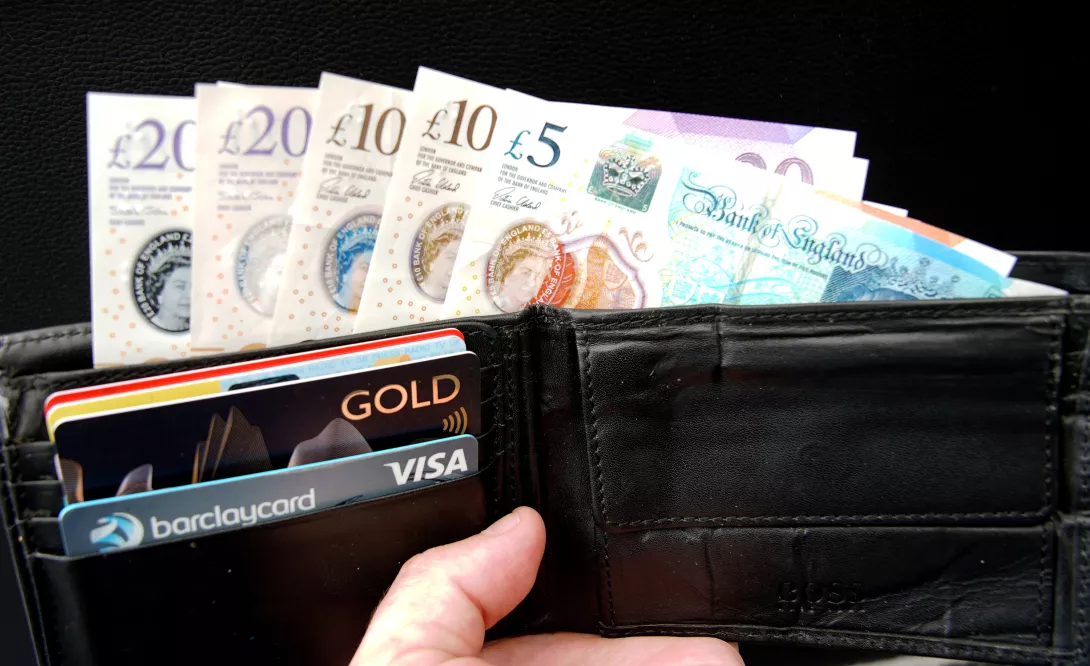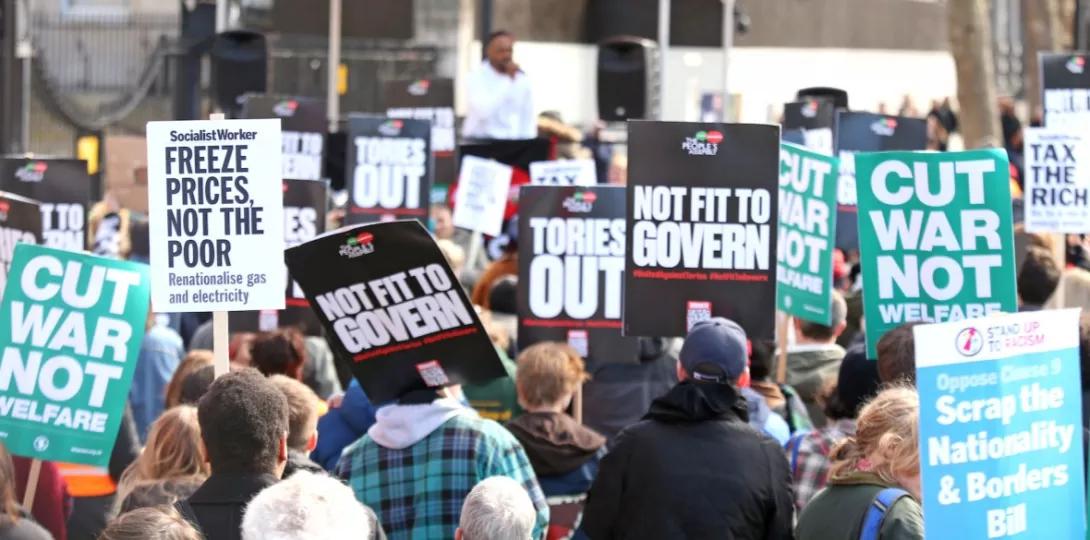
IF ROUTINE debt is the reality for most working people today, for the rich it is a source of income.
For everyone servicing a mortgage, paying off a credit card, stuck with a car loan, owing an energy “supplier,” in arrears with the rent, facing decades of student debt, or in fear of a loan shark’s enforcers, the price of participation in today’s consumer society is the privilege of contributing to the income stream and profits of the very rich.
The generations of working people who remember the days when what family items of value they possessed spent more time in the pawnshop than they did in the home may be passing, but the memory of the humiliations that poverty imposes on working people remains.
The postwar consensus that came to an end with the 1970s was a period when the fear of unemployment diminished. Reasonably well paid jobs were available, adequate public housing and reasonable rents dispelled the fear of homelessness and a basic welfare system diminished the threat of absolute poverty.
The value of our wages is falling. The Office for Budget Responsibility predicted last March that real household disposable income per person will fall by a cumulative 5.7 per cent by 2024. This, it says, will be the largest two-year fall since records began in the 1950s.
And the budgets of low-income households are the most affected by the rising cost of living.
Inflation is the double whammy for the low-paid. The Office for National Statistics says that that people on the lowest incomes experience a higher rate of inflation while the richest experience a lower rate.
And to add another class dimension to the situation, people at the top of the income distribution will see their incomes from investment and savings increase because of rising interest rates.
Rents are now rising faster than ever — the Citizens Advice Bureau calculates that rent arrears might soon be £900 million and this is driving the most vulnerable into homelessness.
Debt looks like another form of long Covid. In fact one element of the present-day debt crisis has arisen because during the coronavirus episode low-income households were much more likely to go into debt.
We can think of income inequality as the polite way of expressing the brutal reality of class society. Even among the most developed capitalist countries Britain stands out as having the highest levels of income inequality, save for the United States where it is even higher.
For employers debt is a very useful mechanism for maintaining a docile labour force. When many workers rented their homes from the council a strike meant rent payments could be deferred. Today the fear of falling behind with servicing a home loan along with the high levels of debt most working families carry is a big factor in shaping trade union tactics.
One of the distinctive features of the socialist system is the shift from a consumption model based on the exchange of goods and services based for money to one based on collective provision where the essentials of life form the “social wage.”
With housing boosted by large-scale public construction and its investment fuelled by rental income and low-interest loans from socially owned banks, housing costs can be kept low and none of the rental income is appropriated as private profit. The same goes for health, education, infrastructure, public transport and energy. If no-one is making a profit from privatisation, income can be directed into investment.
For everyone, but especially workers suffering the burden of debt, socialism really makes sense.

